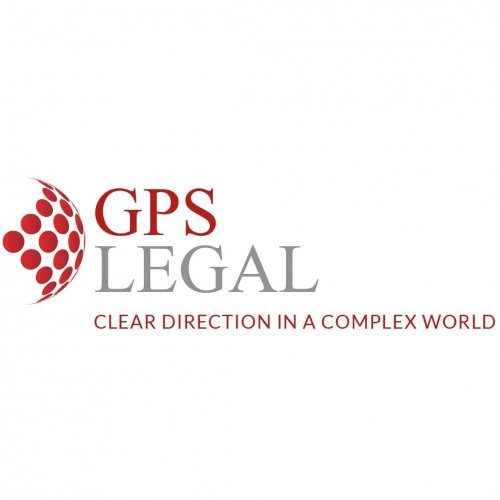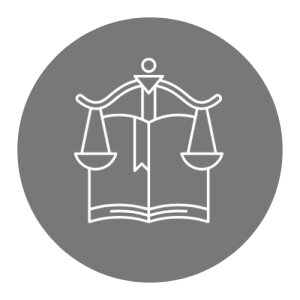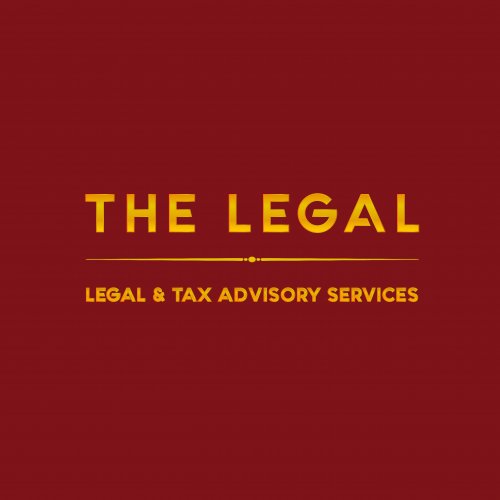Best Consumer Protection Lawyers in Bangkok
Share your needs with us, get contacted by law firms.
Free. Takes 2 min.
List of the best lawyers in Bangkok, Thailand
Legal guides written by Smart Legal Solutions:
- Main Legal Measures to Protect Foreign Investment in Thailand
- The importance of the geographical indications for the Thai economy
Legal guides written by GPS Legal:
- Thailand’s SMART Visa program: What you should know
- Estate planning goes beyond wills
- Buying a condo in Thailand as a foreigner
Thailand Consumer Protection Legal Questions answered by Lawyers
Browse our 1 legal question about Consumer Protection in Thailand and read the lawyer answers, or ask your own questions for free.
- A boat builder has not completed the construction of my boat in a reasonable amount of time but has taken 90 percent of the payment. What legal action can I take against him?
- I purchased a new 65' Power Catamaran from a boat builder which was to be completed in 10 months 2.5 years ago here in Rayong. They started construction on March 1st, 2021 and they are still not finished. Payment was agreed to in 8 installments of 175,000US for a total... Read more →
-
Lawyer answer by Max Law Firm International
Max Law Firm International. We are a full service law firm based in Bangkok, Thailand serving with all legal services to locals and expats since 2010. Our team of experienced lawyers are readily available to help you. We response the...
Read full answer
Thailand Consumer Protection Legal Articles
Browse our 1 legal article about Consumer Protection in Thailand written by expert lawyers.
- How to File a Consumer Complaint in Thailand
- Strong consumer protection regulations in Thailand seek to guarantee fair company operations and protect consumer rights. Whether you are a regular consumer seeking redress for problems, a lawyer helping clients, or a company professional managing conflicts, knowing how to properly submit a consumer complaint can be vital. This article covers... Read more →
About Consumer Protection Law in Bangkok, Thailand
Consumer protection in Bangkok, Thailand, is governed by a combination of national laws and regulations designed to safeguard the rights of consumers. The core legislation is the Consumer Protection Act, which provides a framework for addressing consumer rights, advertising, and the sale of goods and services. This law is enforced by the Office of the Consumer Protection Board (OCPB), which acts as a watchdog to ensure fair trade practices and to resolve disputes between consumers and businesses. Understanding the intricacies of this law is crucial for both consumers and businesses operating in the region.
Why You May Need a Lawyer
There are numerous situations in which individuals may require legal assistance in the field of consumer protection. Common scenarios include disputes over defective products, misleading advertisements, unfair contract terms, and business practices that do not comply with consumer protection standards. A lawyer can help interpret the relevant laws, represent you in negotiations or court proceedings, and provide guidance on how to pursue a claim through the appropriate legal channels. Legal counsel is particularly valuable when faced with complex cases involving significant financial transactions or potential litigation.
Local Laws Overview
The key aspects of local laws relevant to consumer protection in Bangkok include the Consumer Protection Act and associated regulations, which encompass a wide range of consumer rights such as the right to safety, the right to be informed, the right to choose, and the right to be heard. The law mandates clear labeling and disclosure of product information, prohibits false advertising, and enforces standards for product safety and quality. Additionally, there are specific legal provisions for addressing complaints and seeking redress, such as product refunds, repairs, or replacements.
Frequently Asked Questions
What rights do consumers have under Thai law?
Consumers have several rights, including the right to safety, the right to accurate information, the right to choose, and the right to voice their grievances.
What should I do if I purchase a defective product?
You should first contact the seller or manufacturer to report the defect. If the issue is unresolved, you can file a complaint with the Office of the Consumer Protection Board.
How can I verify that a business is legitimate in Bangkok?
Check for business registration with the Department of Business Development and ensure they comply with required licenses and certifications, if applicable.
Is false advertising illegal in Thailand?
Yes, false advertising is prohibited under the Consumer Protection Act, and offenders may face fines and other penalties.
What are the common penalties for violating consumer protection laws?
Penalties can include fines, mandatory corrective advertising, product recalls, and in severe cases, criminal charges against responsible parties.
Can I get a refund if I cancel a service contract early?
It depends on the terms of your contract. Some contracts may include cancellation clauses that allow for refunds, but others may not.
Are warranties required for all products sold in Bangkok?
Not all products come with warranties, but sellers often provide warranties voluntarily or as required by certain industry regulations.
How long does the consumer complaint process take?
The timeline can vary depending on the complexity of the case and the responsiveness of the involved parties, often ranging from several weeks to a few months.
What evidence do I need to support a consumer protection claim?
Collect and preserve as much evidence as possible, such as receipts, contracts, photographs, and communication records with the seller.
Do I need a lawyer to file a consumer protection complaint?
While a lawyer is not mandatory, having legal support can be beneficial, especially for complex cases or if you require representation in legal proceedings.
Additional Resources
Consider contacting the Office of the Consumer Protection Board (OCPB) for official guidance or visitor resources. Non-governmental organizations such as the Foundation for Consumers and Thai Consumer Council also offer advocacy and support for consumer rights. Additionally, consulting with legal professionals specializing in consumer protection law can provide valuable insights and assistance.
Next Steps
If you need legal assistance in consumer protection, consider consulting with a lawyer who specializes in this area of law. Research and reach out to local law firms or legal aid organizations to find qualified professionals. Be prepared to provide them with all relevant documents and information regarding your case. Additionally, familiarize yourself with the complaint procedures established by the Office of the Consumer Protection Board to better understand your rights and options for seeking redress.
Lawzana helps you find the best lawyers and law firms in Bangkok through a curated and pre-screened list of qualified legal professionals. Our platform offers rankings and detailed profiles of attorneys and law firms, allowing you to compare based on practice areas, including Consumer Protection, experience, and client feedback.
Each profile includes a description of the firm's areas of practice, client reviews, team members and partners, year of establishment, spoken languages, office locations, contact information, social media presence, and any published articles or resources. Most firms on our platform speak English and are experienced in both local and international legal matters.
Get a quote from top-rated law firms in Bangkok, Thailand — quickly, securely, and without unnecessary hassle.
Disclaimer:
The information provided on this page is for general informational purposes only and does not constitute legal advice. While we strive to ensure the accuracy and relevance of the content, legal information may change over time, and interpretations of the law can vary. You should always consult with a qualified legal professional for advice specific to your situation.
We disclaim all liability for actions taken or not taken based on the content of this page. If you believe any information is incorrect or outdated, please contact us, and we will review and update it where appropriate.
















